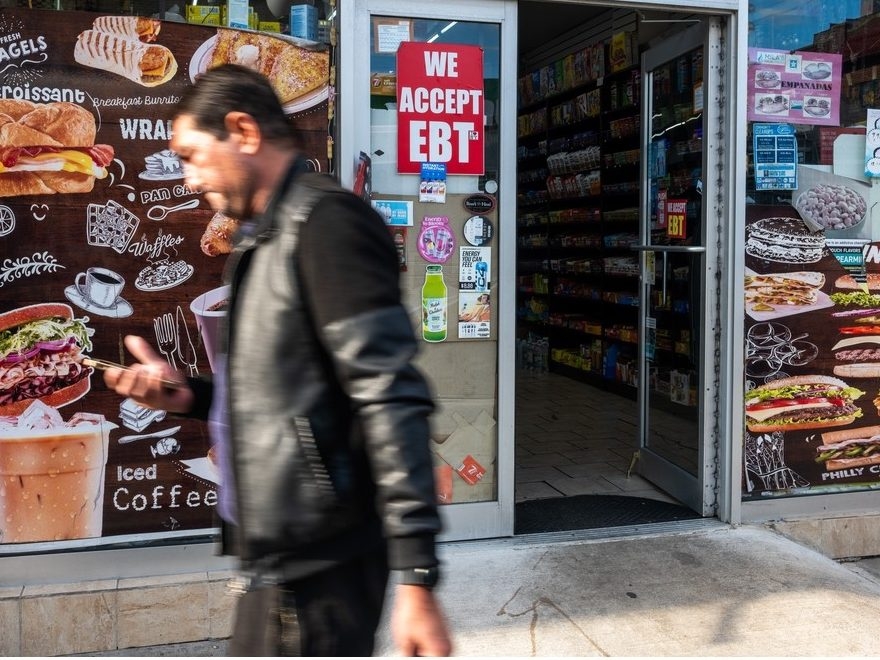A shadow of uncertainty fell over millions of American households this weekend as a directive from the administration halted the full distribution of food assistance benefits. Forty-two million low-income individuals, already vulnerable to food insecurity, now face a drastically reduced lifeline for November.
A terse memo issued by the Department of Agriculture’s Food and Nutrition Service commanded states to immediately cease any efforts to distribute complete SNAP payments. Instead, states were instructed to issue only approximately 65 percent of the usual benefit amount, a significant cut for families relying on this aid.
The directive wasn’t a request, but an order backed by the threat of financial repercussions. States refusing to comply risked losing federal funding crucial for administering the Supplemental Nutrition Assistance Program, a program they depend on to serve their communities.

This abrupt shift followed a dramatic legal battle. Late Friday evening, Supreme Court Justice Ketanji Brown Jackson temporarily blocked a Rhode Island judge’s order demanding the full November benefits be released immediately. The judge had previously ruled the administration was deliberately withholding funds during the ongoing dispute.
Just hours before the Supreme Court intervention, the administration had publicly stated it was working to comply with the Rhode Island judge’s ruling, hinting at a resolution. That promise was swiftly overturned with an appeal to the highest court, plunging the program back into turmoil.
SNAP, the nation’s most substantial anti-hunger program, serves approximately 42 million people – a demographic overwhelmingly comprised of children, seniors, and individuals with disabilities. For these families, SNAP isn’t simply assistance; it’s the difference between a meal and an empty plate.
The current funding impasse, stemming from the government shutdown, has created a climate of agonizing uncertainty. Families across the country are now forced to stretch already tight budgets, bracing for a November where affording groceries becomes an even more daunting challenge.
The impact extends beyond immediate hunger. The sudden reduction in benefits disrupts carefully planned budgets, forcing difficult choices between food and other essential needs like medicine, rent, and utilities. This creates a ripple effect of hardship throughout communities.
While the legal maneuvering continues, the human cost is already being felt. Millions are left wondering how they will navigate the coming weeks, their access to a basic necessity hanging precariously in the balance.





